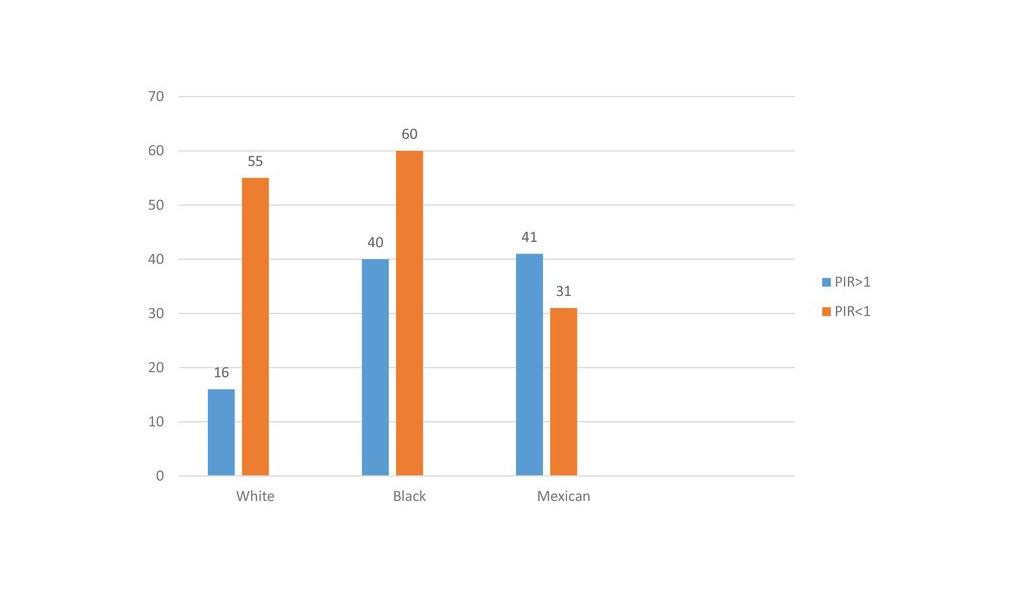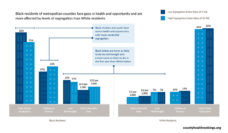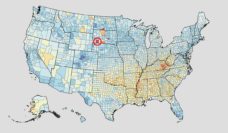While people love to talk about Detroit’s history of factory closures and political failure, for the people of color who live there the city fosters a lot of love and social connection. Many people fled circumstances in other parts of the country and landed in Detroit during the Great Migration. Now the city is 78% Black and 7% Latinx.
But the city has not always been welcoming. Racist policies left many without the support they needed and contributed to high levels of stress. Groups living in racially homogenous communities—due to racist policies or by choice—banded together to navigate the stress of being underserved by the city.
Arline Geronimus and team wanted to understand how different racial and ethnic groups experience stress in present-day Detroit. Normally when a person feels stress, their body releases hormones that influence everything from digestion to sex drive. Over time, the lasting effects of stress contribute to what’s called allostatic load. The researchers measured several biomarkers for allostatic load in Black, Mexican, and white Detroit residents. They also collected information about participants’ socioeconomic status.
In the graph, blue bars indicate those living above the federal poverty level, while orange bars reflect those living below. Among those living above the federal poverty level, Black and Mexican-born residents have over twice the allostatic load of white residents. But, for white Detroiters, living below the federal poverty increases allostatic load more than it does for Black or Mexican-born residents.
Conventional research on stress, poverty, and race often concludes that poorer minority families live the most stressful lives. This may sometimes be true, but this study suggests that, in Detroit, there is more to the story. One explanation offered by the researchers is that Detroit’s history of segregation may have created racially homogenous communities that protect minority families from poverty-induced stress in ways white low-income communities do not.
Databyte via Geronimus AT, Pearson JA, Linnenbringer E, Eisenberg AK, Stokes C, Hughes LD, Schulz AJ. Weathering in Detroit: Place, Race, Ethnicity, and Poverty as Conceptually Fluctuating Social Constructs Shaping Variation in Allostatic Load. Milbank Q. 2020;98(4):1171-1218.














